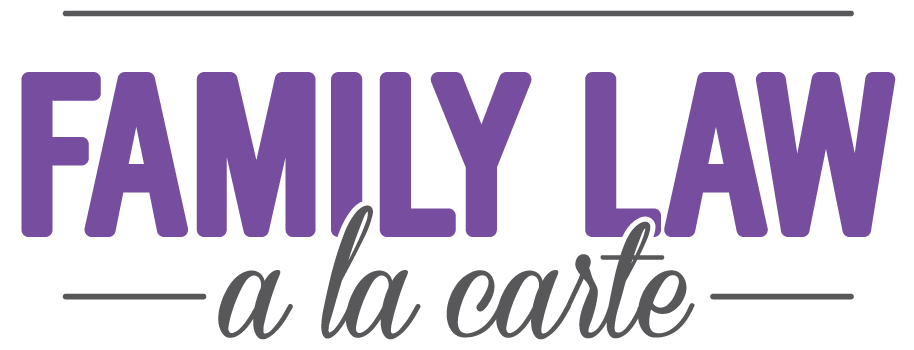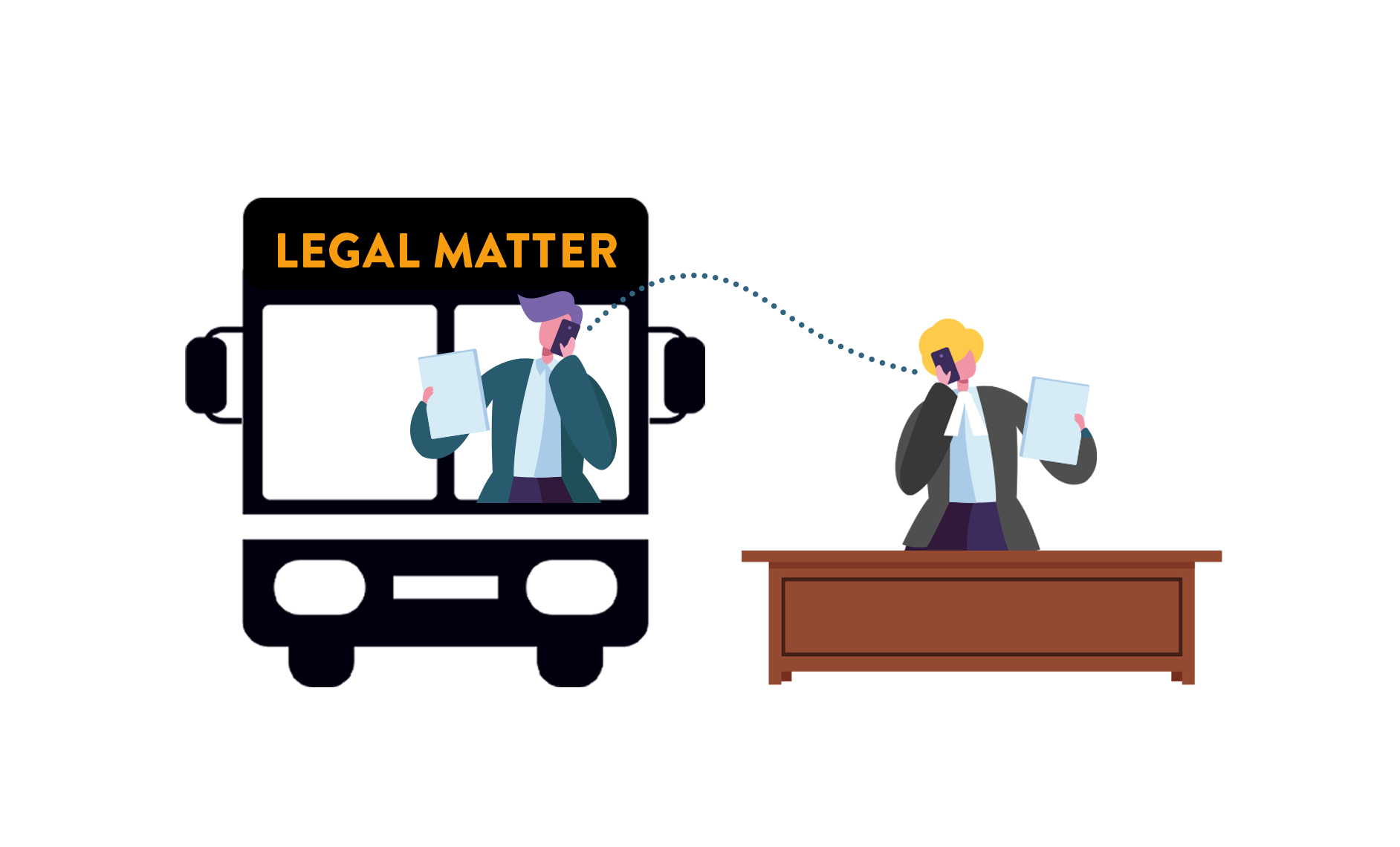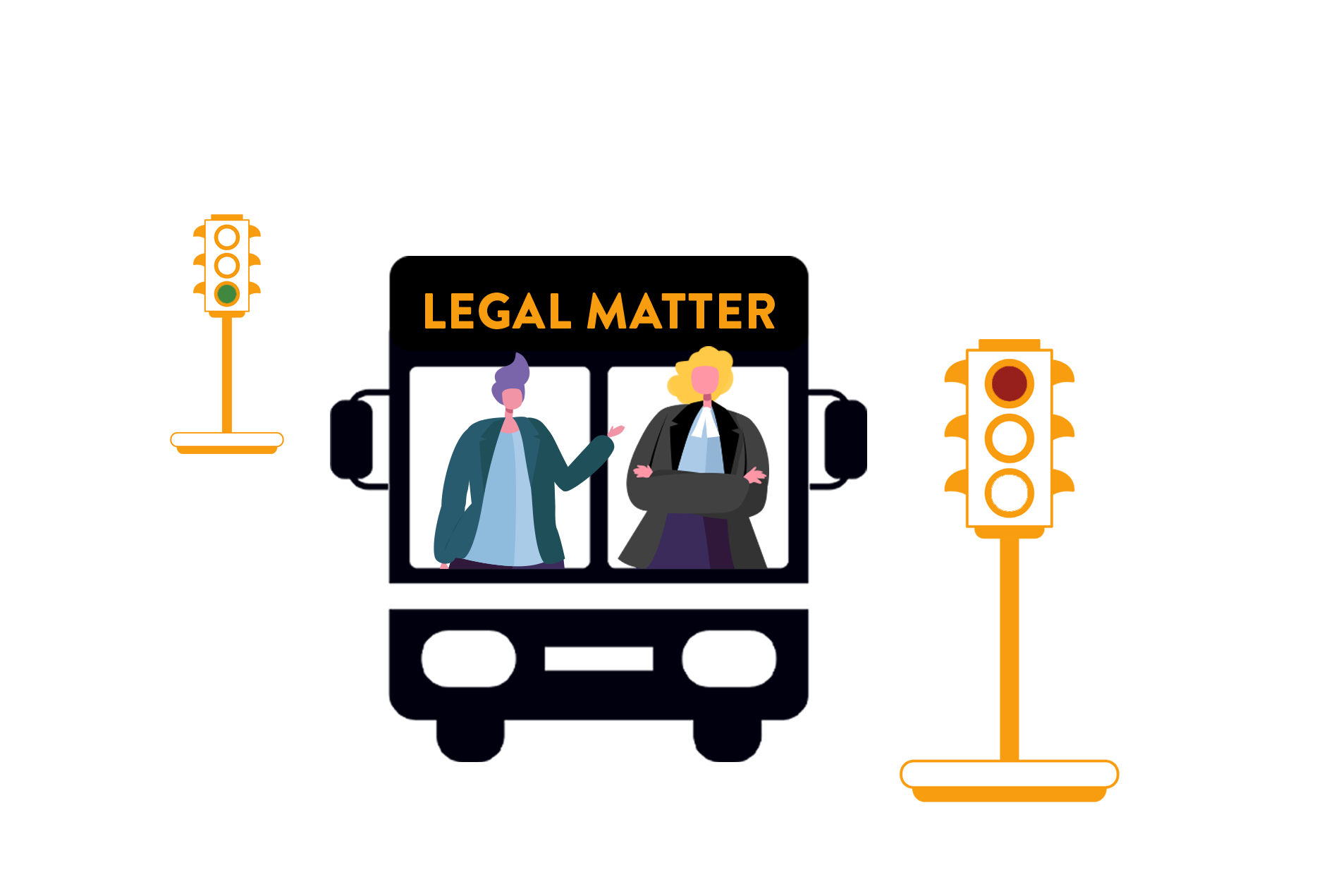“Zeal without knowledge is fire without light.”
– Thomas Fuller
Zeal is defined as great energy or enthusiasm in pursuit of a cause. Many people are zealous in pursuit of their family law rights. Pursuit of one’s ‘rights’ without fully understanding what those rights are, or without also acknowledging their corresponding obligations, is a mistake too many make.
Being knowledgeable about the process, the law, and the procedure is the fuel needed to zealously pursue what is important to you. Lawyers shine light on all those areas.
When you work with a lawyer on a limited scope basis, the lawyer will work on your behalf to complete a piece of work or represent you at an event. The lawyer’s knowledge contributes to your pursuit of what you are trying to achieve. Having someone else on your team who shares your zeal is empowering.
When you work with a lawyer on legal coaching basis, the lawyer will provide you with the knowledge you need when you need it. In this way, you can continue your zealous pursuit of your goals on your own terms.







































